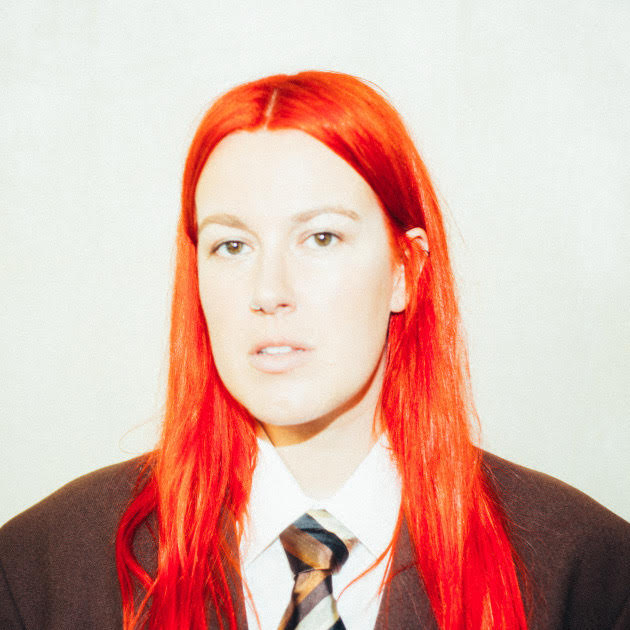Artist Gabrielle Shonk wearing her heart on her sleeve
It has been three weeks since Quebec City native Gabrielle Shonk released her sophomore album Across The Room, and six years since she debuted her self-titled album.
Across The Room features 11 tracks, spanning a total of 40 minutes, and oh what a wonderful 40 minutes they are. Every song on the LP starts with an emotion, each one different from the other.
She started off playing the piano at a young age but quickly switched to guitar as the keys didn’t stick. Since then she released her 10-track debut which gained her a lot of traction with CBC and Stingray. Shonk has grown into her songwriting style after her last album and it shows in her R&B tinges and her ability to emit feelings of hiraeth through songs like “How We Used To Be” and “5AM.”
Shonk had the opportunity to play her new album while opening for the Barr Brothers at Théâtre Gilles Vigneault last month.
The Concordian spoke with Gabrielle Shonk about her album.
TC: What’s the meaning of the album’s title, Across The Room?
GS: Finding the title came pretty late in the album process, it was probably at the end of the summer of 2022 when I had all of the songs recorded. I actually had a talk with my manager and he said to go through some of the lyrics and pull out some of your favourites, something might pop out. It is the first lyric of the first track “How We Used To Be.” I basically finished writing all of these songs during the pandemic, being confined in my home office, so it was the image of me sitting in an enclosed space with all these songs and emotions. That’s kind of what had me choose that title.
TC: Take me through your songwriting process, what comes first?
GS: For me it will be either melody or chord progression. So, like melody and chords underneath it almost simultaneously. Sometimes lyrics will come quickly to back it up as well. I am more of a musician than a writer so the lyrics take more time to come up with.
TC: What was your favourite song to write, and what was the hardest?
GS: I think my favourite changed every day. I love all the songs equally. Each of the songs has its own universe, its own thing. I couldn’t really pick one in particular. But the lyrics I am most proud of are the ones from “Let’s Shine Into The Night.” In terms of challenging, for the music it would have to be “Out Of The Blue” and for the lyrics it was “People Pleaser.”
TC: You said in your promo for the album that you had written the last song of the album “Quand le calme reviendra” while on a retreat to Gaspésie. What was it like and did you write other songs during your stay?
GS: Not ones that are on this album, so yeah I co-wrote a lot of stuff with my artist friends that were there with me. Everyone had songs and at the end of the day, we would each show each other what we had worked on in the group sessions. I have started songs that are a work-in-progress that I haven’t gotten back to that might be on the next album! Maybe?
TC: Have you ever thought of collaborating with anyone? I was thinking you and rapper “Noname” would make a cool track together.
GS: Yes I love her, I remember seeing her live at Field Trip a few years ago. I’d be super open. I’ve done it before too. My first hip hop track collaboration was with an artist from Montreal called Naya Ali. We did a SOCAN writing camp a few years back and basically, you get paired with a bunch of different artists from different genres. It puts you out of your comfort zone and it was extremely fulfilling. I worked with her on a song of hers that she released called “Time.”
TC: What was your favourite moment of your show with The Barr BrothersGS: I really liked going to the merch table at the end. It was really memorable because I got to meet new faces and interact with people who saw the show, especially from the fans of The Barr Brothers who discovered me through my opening act. That was really nice.
TC: What’s next for Gabrielle Shonk?
GS: Playing this album live for as many people and as many places as possible, that’s what I’m aiming for this next year, alongside writing new songs! I’m opening for an artist called Charlie Winston in Canada and the U.S. during April and May, and I will announce my fall tour soon.
